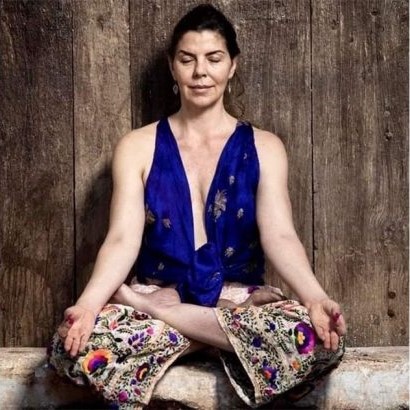Millions of women, all around the world are experiencing menopause, or perimenopause, every single day.
Menopause and its accompanying symptoms tend to be highly medicalised in the Western world.
In societies where age is more revered and the older woman is the wiser and better woman, menopausal symptoms are significantly less bothersome.
In many countries and cultures, menopause is considered a new start—a chance for greater freedoms and a time to embrace your life’s experience.
In the US, UK, Canada and Australia, menopause can be seen as a time to dread and navigate in silence. Work, home life, and everyday activities that we once took for granted can feel like minefields.
In western countries average age of Menopause is 51-52. About 75% of women experience hot flashes and many others experience sleeplessness, vaginal dryness, weight gain, and mood swings.
“Konenki”, the Japanese equivalent of the menopause, is commonly understood to be associated with aging; it is believed to be a gradual transition beginning at age 40 or 45 and entails an entrance into the latter stage of the life cycle.
Nearly 4 per cent of Indian women experience signs of menopause between 29 and 34 years of age. Traditional ayurvedic medicines such as Aloe Vera Gel, Shatavari, Fenugreek Seeds, Ashoka Powder are being used to manage the symptoms of menopause.
In Traditional Chinese Medicine, menopause is called the ‘Second Spring‘ in a woman’s life. It represents the renewal of energy and opportunities as there is a shift from fertility and reproduction, to conserving and nourishing the self.

Vesta’s Words
As a Yoga Sadhaka, I wished to interrogate my guru (Teacher Sharath Jois) on the matter. Wherever I was searching the benefits of a regular yoga & meditation practice, were highly encouraged to counter effect the negative side effects of Menopause. (I’ll get back to this matter later on this book). As I travelled this year to Mysore, India, for my yearly two months visit to my Guru Sharath Jois. I was granted with an interview.